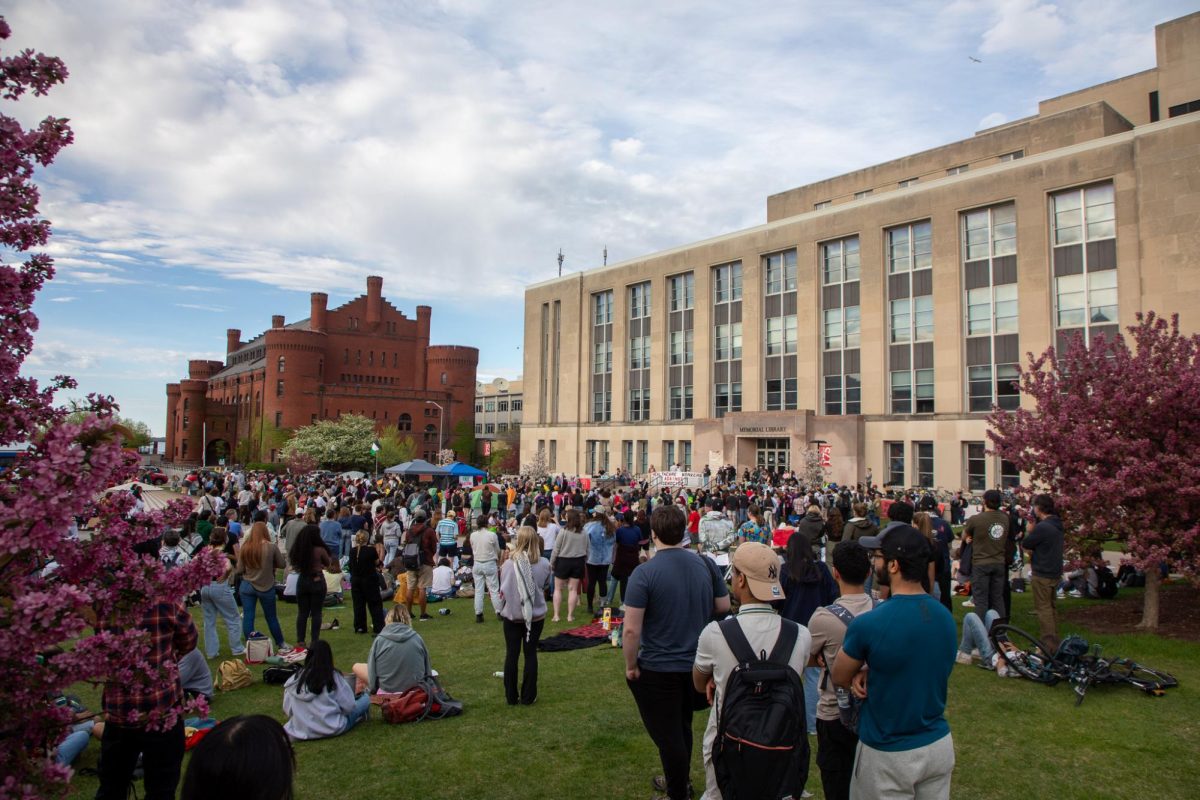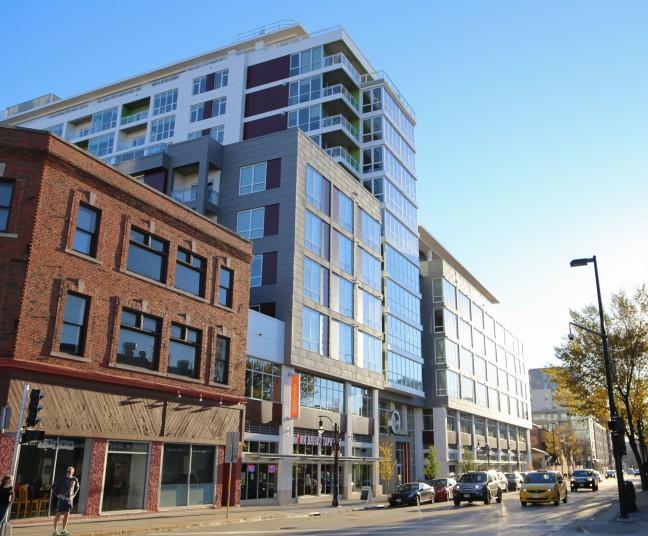It’s that time of year again. The sultry Madison air is filled with the sounds of college life stirring from its summer slumber. New friendships are being born, old ones are being rekindled, and freshmen are being denied entry to house parties. In many ways, it’s a beautiful time. On the other hand, the post-move-in anxieties are just beginning.
After students settle into their first ever apartment or otherwise move into an entirely new living situation, these bright-eyed new lessees will soon find, if they have not already, that private living is not all it is cracked up to be. Shoddy, cheap apartments, dysfunctional appliances and slow or non-existent repairs can often be just the tip of the iceberg. One need only take a look at the online reviews for some of the landlords in Madison to see an outrageous and thoroughly comprehensive list of complaints. Tenants also frequently complain of hefty charges for small conveniences or as punishments for commonplace accidents.
Tenants hoping to find redress for their grievances often come to find that the resources available to them are sometimes deeply limited. There is a Tenant Resource Center with a location at East Campus Mall which offers tenant resources and advocacy, but they are limited by their size and financial resources. Disgruntled tenants can write letters to their landlords or seek legal action, but many students who are already short on time and/or money often can’t take the process further.
With pressure to sign hastily, some landlords can take advantage of students’ inexperience
This is something of a standing problem in Madison — some landlords are keen to take advantage when their tenants are inexperienced with renting or for whatever reason have difficulty contesting their treatment. It was such an issue that in the 1970s Madison was home to a Tenant’s Union that was funded by the city. They acted in a similar way that a regular union works for employees: it represented tenants’ collective interest and fought directly for them when their rights were violated. But as one former Tenant’s Union worker put it, “Property owners didn’t like the balance of power being mitigated.” So the Tenant’s Union was abolished and replaced with the Tenant’s Resource Center, and over the years the student housing situation devolved into what it is today.
Understanding why we are in this mess means examining the power relationships inherent in renting. Renters have to live somewhere, and if they are not able to purchase a living space on their own they are compelled to temporarily purchase it from a landlord. How this transaction manifests itself varies depending on the landlord in question. Smaller landlords with only a few tenants do not have financial or organizational resources that dwarf those of their tenants, putting them on a roughly equal playing field with their lessees. Going through eviction proceedings, for example, will involve a similar level of time and financial hardship for both parties.
By contrast, large property outfits will have the money for everything from lengthy legal proceedings to political influence. Renting from them means dealing with a business apparatus, not just someone with a room to let. They can weather the storm of isolated, disgruntled tenants much easier than a smaller landlord might be able to.
Sweeping changes to Wisconsin tenant-landlord laws unfairly exploit underprivileged populations
So while individual advocacy and rights education are good things, there still exists a power relationship. Individual renters can still be ignored, squashed by their lessor’s vastly superior resources, or forced into unfavorable settlements despite completely valid grievances. From a broader perspective, the landlords have political power on their own or in an association, meaning they can lean on politicians to change the system to suit their needs in a way that solitary tenants simply cannot.
This inequity in power has plagued Madison for far too long. Existing procedures are frequently either inaccessible or stacked against tenants. Only by building collective strength can renters resist these indignities. Much of the landlord’s structural power is contingent on dealing with their tenants in isolation, which is incredibly effective for them. Dealing with whole buildings, or even neighborhoods organized around specific demands is much harder.
Communication is the first step — housing issues are rarely isolated and if your apartment has mold in it there’s a good chance other people renting from the same company have the exact same problem. Collective action also need not mean a rent strike or turning out your neighborhood to resist eviction. There are a wide variety of possible tactics, from things as simple as a group letter to mass meetings with the landlord, and so on. We have the unrealized power to fight back against slumlords. Let’s use it!
Sam Palmer ([email protected]) is a senior majoring in biology.





















